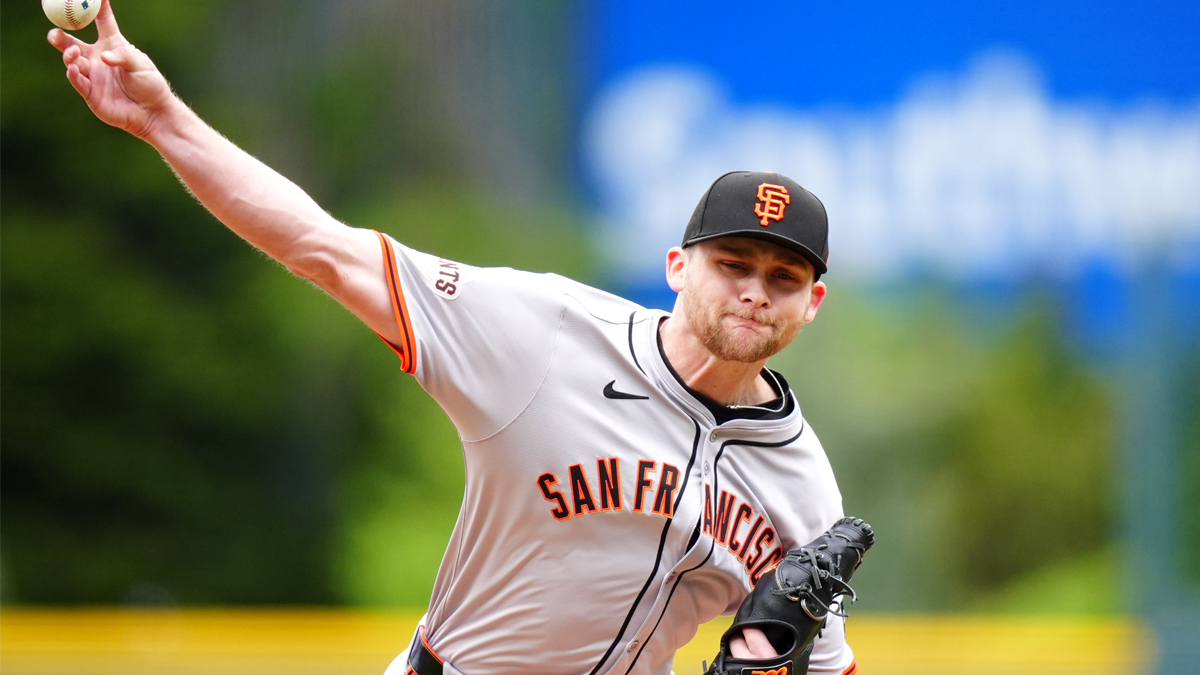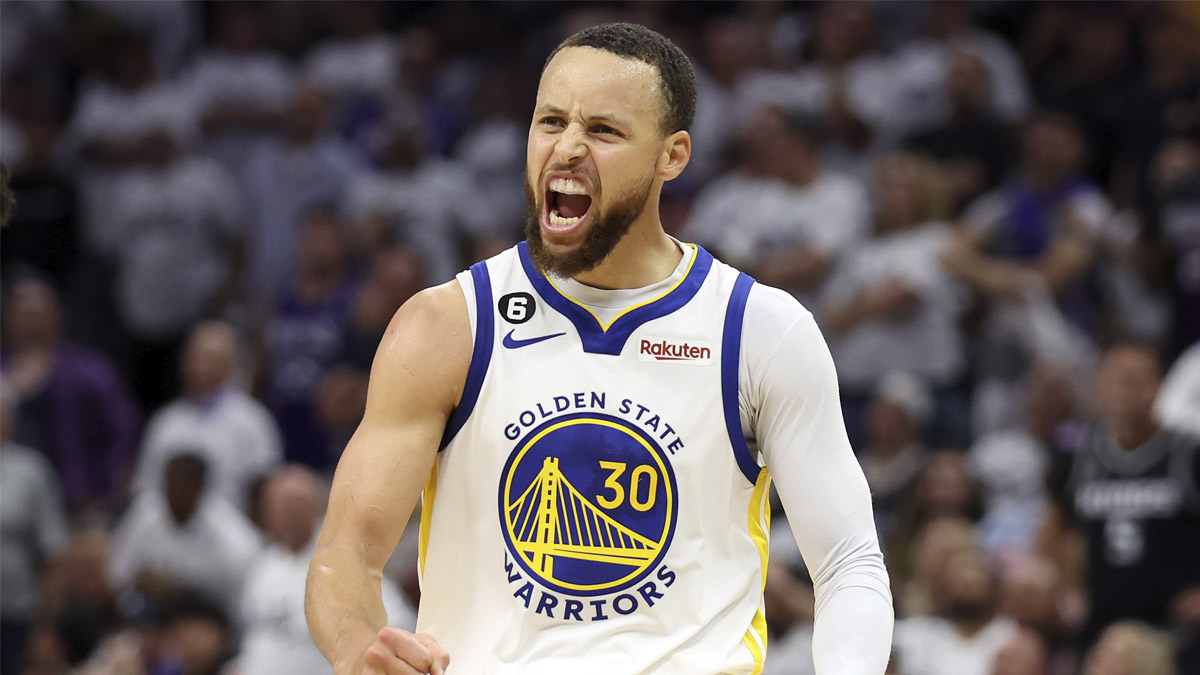He was that once-in-a-generation phenomenon, his road to the Basketball Hall of Fame paved and lit before he entered high school. His challenge was make sure to rise each time he was knocked down or tripped on his own.
That's a tough assignment for those that hone their gifts on playgrounds and gyms in cities and towns that don't always forgive, places where dreams can die through dumb luck or wicked temptations found irresistible.
Jason Kidd was knocked down a time or two. He tripped on his own far more often.
The boy from Oakland who became a man of the world got up every time.
Kidd fixed his shooting, the one area open to valid criticism. He overcame conflict with teammates and coaches. He navigated through a guilty plea for spousal abuse, resulting in anger management counseling and the end of his first marriage. He survived crashing his car into a utility pole, an incident for which he pleaded guilty of driving while intoxicated.
Now that he is hours away from the pinnacle of a basketball career that began during his teenage years, you have to wonder why Kidd continues to pinch himself and ask if this is real?
"I still can't believe this is happening," Kidd says.
Sports
Kidd is entering the Naismith Memorial Hall of Fame this weekend because such fate could not be derailed. He overcame the worst of himself by maintaining the best of his spirit.
Well, that and his extraordinary talent for thinking, feeling and playing basketball.
Kidd became a national star while attending St. Joseph High School in Alameda, where he led the Pilots to back-to-back state championships and was profiled in Sports Illustrated. The school actually sold Jason Kidd T-shirts.
His legend already formed, Kidd then went to Cal, which responded to his presence by relocating select games from 6,500-seat Harmon Gym to the Oakland Coliseum Arena (now Oracle Arena), which had a capacity of 15,025. Kidd's most notable achievement at Cal was leading the Golden Bears to an 82-77 win over Duke in the second round of the 1993 NCAA Tournament -- the school's biggest victory since its 1959 national championship.
Declaring for the NBA Draft after two seasons at Cal, Kidd was selected second overall by Dallas in 1994. Standing 6-foot-4, weighing 210 points yet possessing the speed and agility of a smaller, lighter man, Kidd was an immediate attraction. His dazzling array of creative and theatrical passes -- everything from no-look skip passes to court-length lobs -- provided a degree of flair comparable to that of a seminal superstar that won championships with the Los Angeles Lakers.
"He was probably the closest thing that we had to Magic Johnson during our era," Warriors point guard Shaun Livingston says. "Growing up, I really watched J-Kidd on the break because that was my gift, being able to see things and have a vision before they actually happened."
As a 6-6 point guard at Peoria (Ill.) Central High School, Ill., Livingston was, like Kidd, a prep superstar with a game that scouts compared to Johnson. He entered the NBA 10 years after Kidd, though.
"By the time I got into the league, his jumper was coming around and he was shooting 3s with confidence," Livingston recalls. "But he still had that crossover. That was pretty hard to deal with, him coming at you full speed without switching gears."
Kidd leading the break -- anywhere on the break -- was a sight to behold. That element, more than anything, is what Warriors coach Steve Kerr remembers.
"The first impression was just how big and fast he was, and how under control he was," recalls Kerr, who over his final nine seasons occasionally had to cope with the bullish youngster. "It was a great package, a great combination. It didn't do him justice to see it on TV because he was so under control that you didn't really get a sense for how fast and powerful he was.
"But when Jason was coming downhill at you in transition, it was kind of awe-inspiring. He could go around you, either direction, go through you, or go over you. There was nothing you could do."
Kidd's all-around game lent itself to triple-doubles -- he retired in 2013 with 107, ranking behind only Oscar Robertson (181) and Johnson (138) on the all-time list. He almost single-handedly pulled the modestly talented New Jersey Nets to back-to-back appearances in the NBA Finals (2002 and 2003), both times falling to the Lakers led by Shaquille O'Neal and Kobe Bryant.
Though he retired from Team USA after the 2008 Olympics with a 56-0 record in International competition, it was not until 2011, at age 38, did Kidd finally win an NBA title, nabbing it in his second tour with the Mavericks.
"I was wondering if it was ever going to come, and I'm just glad it did," Kidd says.
He also wondered, always hoping, if the Hall would call. He never knew, because, well . . . the tripping and falling. He now knows.
"He always told me that if it weren't for me and guys like Brian Shaw, guys like that in Oakland, that he wouldn't be where he is," says Gary Payton, who was an early mentor and will present Kidd during the ceremony in Springfield. "J listened, he learned, he took it to heart and became a great basketball player. He's a Hall of Famer. No doubt."



